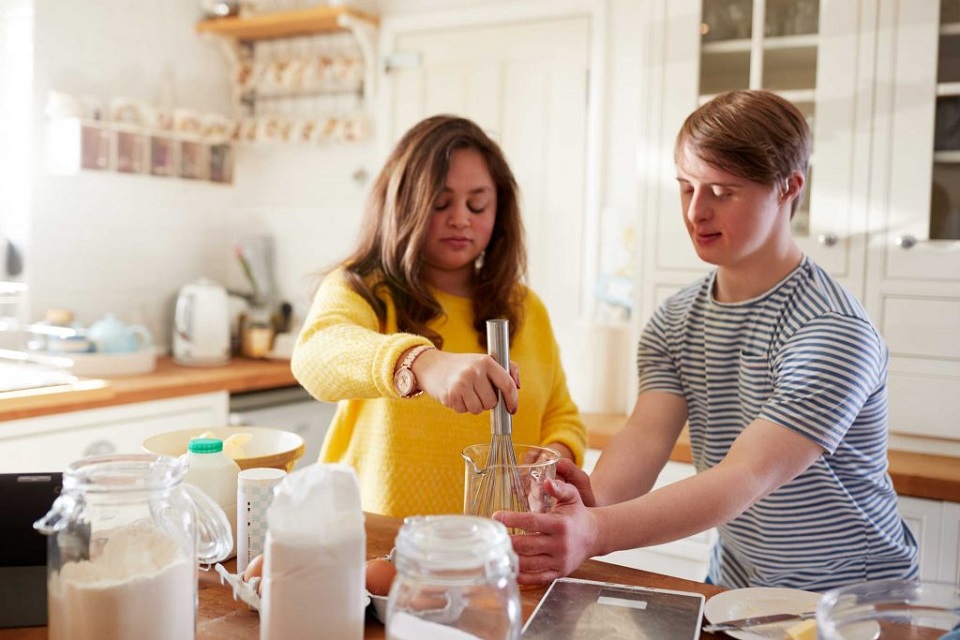In today’s rapidly evolving world, individuals with diverse abilities embrace new opportunities for independence and empowerment. Supported Independent Living sil accommodation has emerged as a groundbreaking concept that promotes autonomy and fosters a sense of community and self-discovery. This innovative approach is transforming the landscape of care and support for people with disabilities, allowing them to chart their course and navigate new horizons with confidence.
Table of Contents
Understanding Supported Independent Living
Supported Independent Living, often referred to as SIL, is a paradigm shift in the way society views and supports individuals with disabilities. Unlike traditional models that emphasise institutional care or overdependence on caregivers, it focuses on enabling people with disabilities to lead self-directed lives in their preferred environments. This empowerment comes through a combination of personalised support, adaptive tools, and a nurturing community.
The Core Principles Of Supported Independent Living
- Person-Centred Approach: At the heart of SIL is the recognition of individuality. Every person’s desires, needs, and aspirations are unique. It takes a person-centred approach, tailoring support to align with each individual’s preferences and goals. This approach respects their autonomy and promotes a dignified life.
- Choice and Control: It places decision-making power back into the hands of the individuals. They are free to choose where they live, who they live with, and how they spend their time. This level of choice and control fosters a sense of ownership over one’s life journey.
- Community Integration: Embracing the concept of “living in the community,” it encourages social integration. It helps break down the barriers that have historically isolated individuals with disabilities, allowing them to actively participate in community life, interact with neighbours, and build meaningful relationships.
The Benefits Of Supported Independent Living
- Enhanced Quality of Life: SIL prioritises individuals’ well-being and happiness. By having agency over their lives, people with disabilities experience increased self-esteem, self-worth, and overall life satisfaction.
- Skill Development: Embracing independence requires the development of various life skills, from managing household chores to making financial decisions. SIL provides the necessary support and training to develop these skills, empowering individuals to take charge of their daily lives.
- Flexible Support: SIL doesn’t entail isolation but provides a safety net of personalised support. Caregivers and professionals are available based on the individuals’ needs, offering assistance while fostering self-reliance.
Navigating The Transition To SIL
- Assessment and Planning: Begin by assessing the individual’s needs, preferences, and capabilities. Develop a comprehensive plan outlining the required support level, potential living arrangements, and long-term goals.
- Choosing the Right Setting: Depending on the individual’s preferences and needs, SIL can be achieved through various settings, such as apartment living, shared housing, or even staying with a host family. Choosing a setting that aligns with the person’s values and aspirations is important.
- Building a Support Network: A strong support network is crucial. This can include family, friends, caregivers, and professionals who can offer assistance and guidance when needed.
- Skill Development and Training: Identify the skills needed for independent living and provide training accordingly. This could involve cooking, cleaning, managing finances, using public transportation, and more.
- Continuous Evaluation: Regularly assess the individual’s progress and adjust the support provided as necessary. Flexibility is key to ensuring that the transition to SIL remains a positive experience.
In Conclusion, sil accommodation marks a paradigm shift in the care for and support of individuals with disabilities. It empowers them to embrace autonomy, make choices, and actively participate in their communities. By focusing on personalised support, skill development, and community integration, SIL opens new horizons of possibility and potential.



